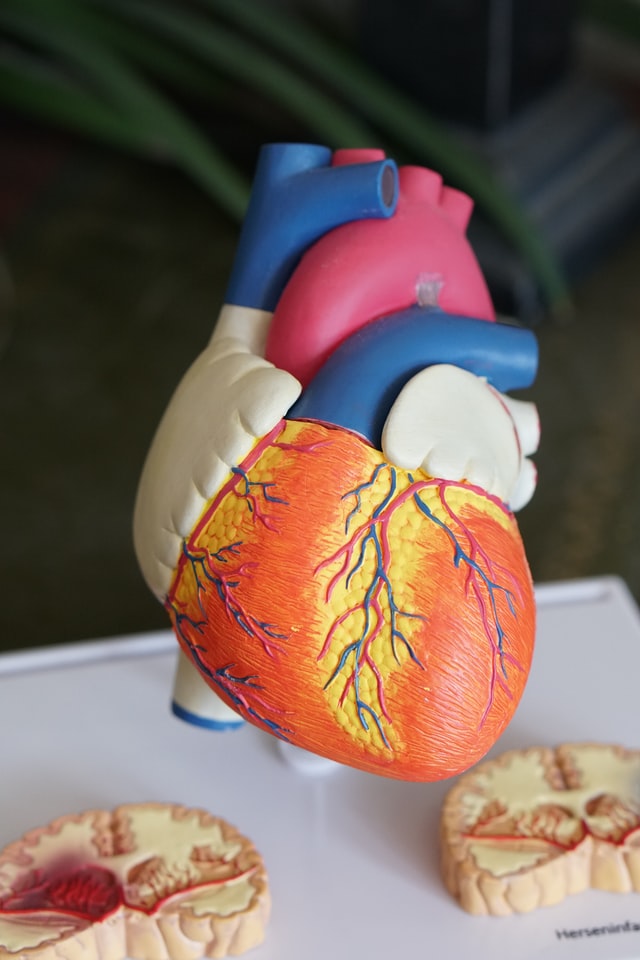Base editing, a new form of gene therapy, sharply lowers bad cholesterol in clinical trial
By Jocelyn Kaiser,
Science
| 11. 12. 2023
A technique for precisely rewriting the genetic code directly in the body has slashed “bad” cholesterol levels—possibly for life—in three people prone to dangerously high levels of the artery-clogging fat. The feat relied on a blood infusion of a so-called base editor, designed to disable a liver protein, PCSK9, that regulates cholesterol.
“It is a breakthrough to have shown in humans that in vivo base editing works efficiently in the liver,” says Gerald Schwank, a gene-editing researcher at the University of Zurich who wasn’t involved in the clinical trial, sponsored by the biotech Verve Therapeutics. The approach is more precise, and possibly safer, than disrupting a gene with CRISPR, the gene-editing tool from which base editing is derived.
Reported today at the American Heart Association meeting in Philadelphia, the results mark the first time this CRISPR variant has been infused into people to treat a disease. The success is also a proof of principle for using gene editing for a common health problem like high cholesterol rather than a rare disease. Verve hopes its base editor could eventually be a...
Related Articles
By Diaa Hadid and Shweta Desai, NPR | 01.29.2026
MUMBRA, India — The afternoon sun shines on the woman in a commuter-town café, highlighting her almond-shaped eyes and pale skin, a look often sought after by couples who need an egg to have a baby.
"I have good eggs,"...
By George Janes, BioNews | 01.12.2026
A heart attack patient has become the first person to be treated in a clinical trial of an experimental gene therapy, which aims to strengthen blood vessels after coronary bypass surgery.
Coronary artery bypass surgery is performed to treat...
By Staff, ScienceDaily | 01.05.2026
Scientists at UNSW Sydney have developed a new form of CRISPR technology that could make gene therapy safer while also resolving a decades-long debate about how genes are switched off. The research shows that small chemical markers attached to DNA
...
Following a long-standing CGS tradition, we present a selection of our favorite Biopolitical Times posts of the past year.
In 2025, we published up to four posts every month, written by 12 authors (staff, consultants and allies), some in collaboration and one simply credited to CGS.
These titles are presented in chronological order, except for three In Memoriam notices, which follow. Many more posts that are worth your time can be found in the archive. Scroll down and “VIEW...




